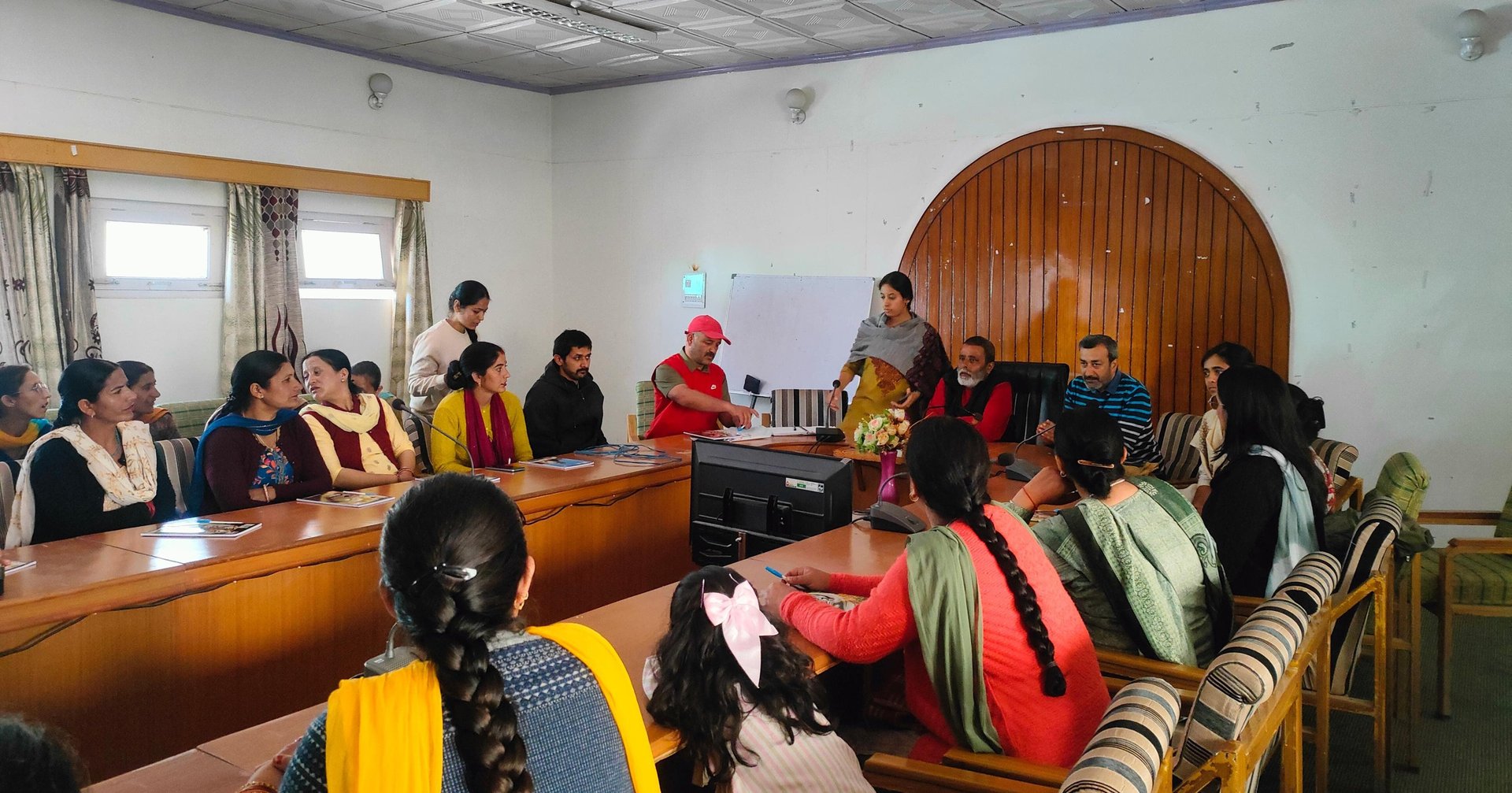
Residential training in Pangi prepares women for corporate governance, strategic planning, and leadership.
09.06.2025
Building Leadership Capacity: Pir Panjal Jungle Producer Company’s Comprehensive Training Programme in Kilar, Himachal Pradesh
The Pir Panjal Producer Company (PPJPC) organised a two-day residential leadership training on 7–8 June 2025 in Kilar, Pangi. Forty women board members and producer-group (PG) leaders participated to deepen their understanding of community business institutions, gender dimensions in forest-based enterprises, and strategic planning.
Dr Advaita Rajendra, Assistant Professor at the Indian Institute of Management (IIM), Sirmaur, served as the key resource person. She was joined by field teams from Pangi and Lahaul along with Indian School of Business (ISB) team members, including Mr Satya Prasanna, Ms Yamini, and Mr Amit.
Day One: Foundational Knowledge
The training began with participants introducing themselves by identifying specific forest resources from the Pangi Valley, linking their identity to the forest economy they aim to formalize. Participants then mapped existing forest resources, collection patterns, and sales practices, forming a holistic understanding of community participation in the seasonal forest-product (SFP) economy.
Dr Rajendra led sessions on producer-company (PC) fundamentals, covering
community enterprise model: structure and objectives of PCs.
benefits: economic, social, and governance advantages for forest-dependent communities.
membership criteria: eligibility, roles, and responsibilities of members; and
core principles: sustainability, fair benefit distribution, inclusiveness, and collective action.
Through role plays and storytelling, participants compared self-help groups (SHGs), PGs, and PCs using exercises, such as the ‘Basket Game’, to assess comprehension. The day concluded with an explanation of key technical terms—shareholders, board of directors (BoDs), equity, capital, dividend, bylaws, compliance, Goods and Services Tax (GST), and audit—for effective corporate governance.
The second day began with a gender-centred analysis of community enterprises, addressing the barriers women face. It also explored how PC models can enhance their bargaining power and aspirations. Key focus areas included domestic violence as an economic barrier, women’s property rights, and equal wage distribution.
Participants then examined institutional relationships among Gram Sabhas (GSs), Community Forest Resource Management Committees (CFRMCs), and PCs to understand coordination across different governance levels.
A case study on the sale of collective medicinal plants through the Maha Gram Sabha (MGS) in Chota Bhangal provided insights into market channels and legal aspects. It also highlighted successful collective marketing strategies.
Group exercises focused on village mapping for expansion, identifying new SFPs for diversification, and listing rare species to inform conservation priorities.
Finally, participants reviewed the previous year's hazelnut operations. They then developed concrete proposals for the upcoming season, including volume targets, aggregation methods, and stakeholder support requirements.
Day Two: Gender Lens and Strategic Planning
Following the training, participants applied their learning through self-directed governance actions. They replaced one board member democratically, elected two new BoDs—expanding the board from five to seven—and developed a comprehensive operational plan for the upcoming season. These outcomes demonstrated the immediate application of training concepts in real organisational decisions.
Immediate Governance Outcomes
Strengthening Democratic Leadership
This programme represented a sophisticated approach to community enterprise development by combining:
The academic partnership with IIM Sirmaur brought formal business education to grassroots leaders while respecting local knowledge systems.
Participatory methods, such as role plays, group exercises, and mapping activities, ensured learning was interactive and contextually relevant.
The explicit focus on gender barriers elevated the programme beyond technical skills to address systemic challenges.
Participants applied new knowledge immediately through self-directed governance actions and strategic planning.
